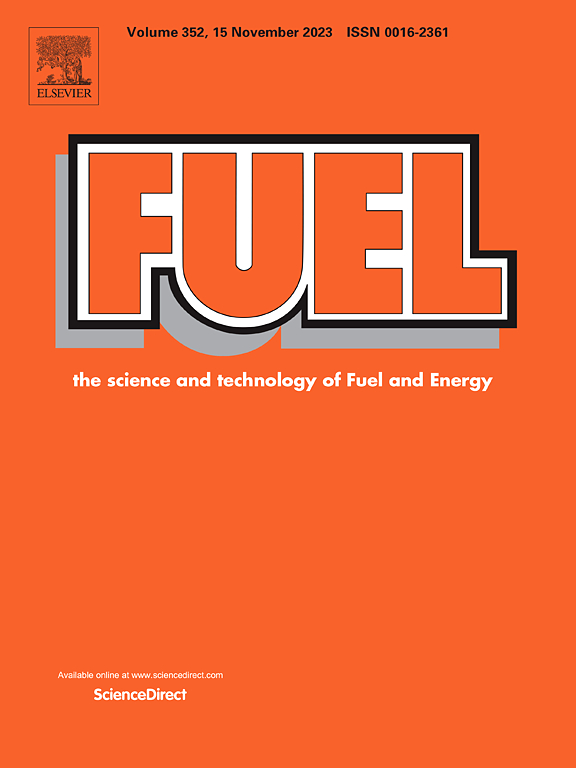BECCS carbon-negative technologies based on biomass thermochemical conversion: A review of critical pathways and research advances
IF 6.7
1区 工程技术
Q2 ENERGY & FUELS
引用次数: 0
Abstract
Bioenergy with Carbon Capture and Storage/Utilization (BECCS/U) represents a promising carbon-negative technology critical for addressing global climate challenges and achieving carbon neutrality. Optimized biomass thermochemical conversion technologies integrated with Carbon Capture and Storage (CCS) can efficiently convert biomass into bio-based chemicals, liquid/gas fuels, and electricity, facilitating net negative carbon emissions. The review herein focused on four primary biomass thermochemical conversion processes, namely torrefaction, liquefaction, pyrolysis, and gasification, providing a systematic overview of their process reaction mechanisms, the distribution of reaction derivatives, the upgrading and conversion of primary volatiles. Emphasizing BECCS pathways, the review discussed technological options for integrating torrefaction, liquefaction, pyrolysis, and gasification with CCS, highlighting their process mechanisms, conversion targets, and technical potentials. It also surveyed the progress of thermochemical conversion coupled with CCS as a viable carbon-negative technology. Critical analyses examined the advantages and challenges of each approach, offering insights into future research directions and prospects. Overall, this comprehensive overview presented a technical roadmap and critical insights into biomass thermochemical conversion-based BECCS carbon-negative technologies, fostering advancements in sustainable energy solutions.
求助全文
约1分钟内获得全文
求助全文
来源期刊

Fuel
工程技术-工程:化工
CiteScore
12.80
自引率
20.30%
发文量
3506
审稿时长
64 days
期刊介绍:
The exploration of energy sources remains a critical matter of study. For the past nine decades, fuel has consistently held the forefront in primary research efforts within the field of energy science. This area of investigation encompasses a wide range of subjects, with a particular emphasis on emerging concerns like environmental factors and pollution.
 求助内容:
求助内容: 应助结果提醒方式:
应助结果提醒方式:


